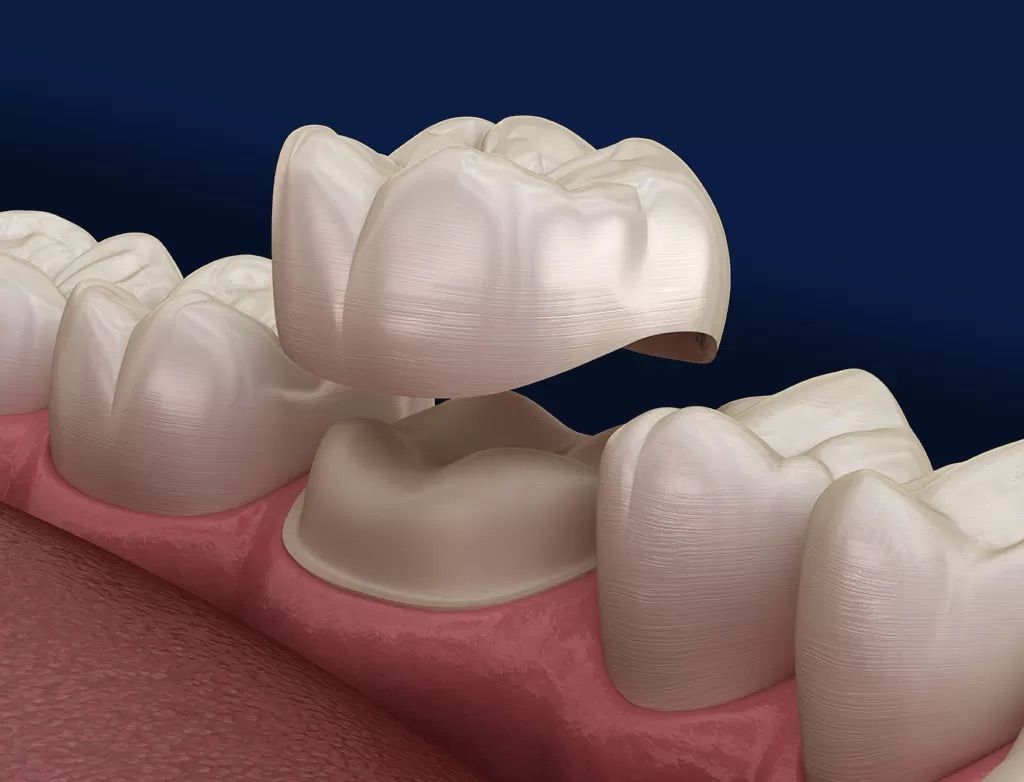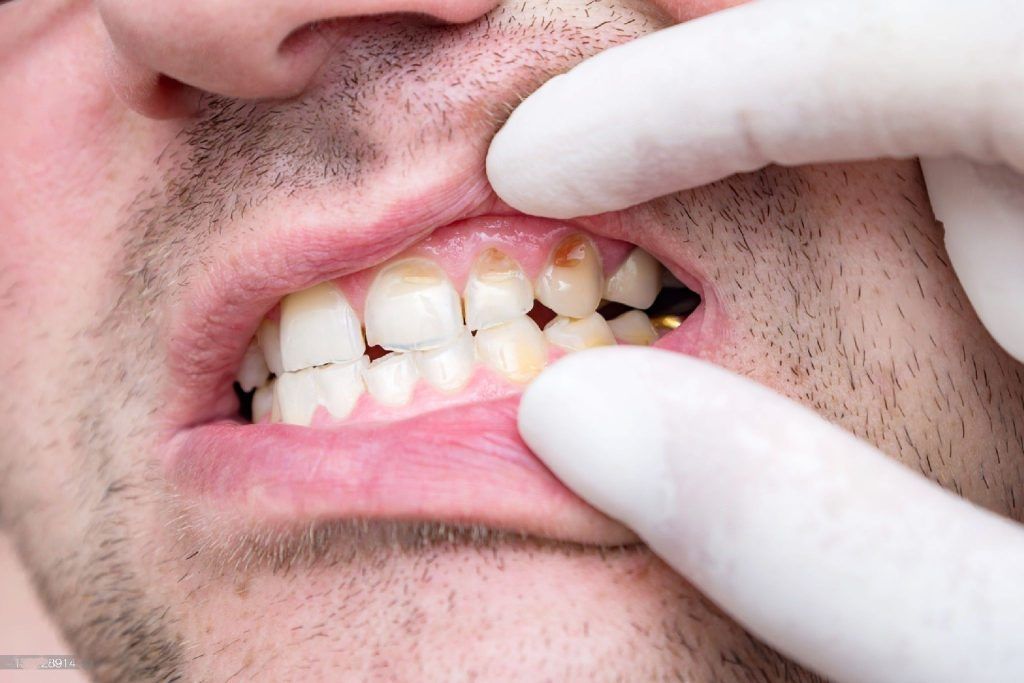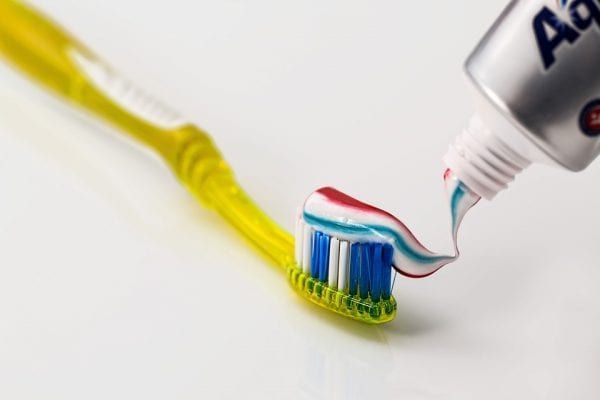Dental Bridge vs Implant: Which is Right for You?
Missing teeth can cause a lot of problems, both functionally and aesthetically. Luckily, there are many options available to replace missing teeth, two of which are dental bridges and dental implants. But which one is right for you? Let's compare and contrast a dental bridge vs implant so you can make an informed decision.
What is a Dental Bridge?
A dental bridge is a restoration that replaces one or more missing teeth. It consists of a false tooth (or teeth) anchored to the remaining healthy teeth on either side of the gap. The teeth on either side of the gap are called abutment teeth, usually crowned to support the bridge. Bridges can be made from various materials, including porcelain, ceramic, and metal alloys.
What is a Dental Implant?
A dental implant is a small titanium post surgically placed into the jawbone to replace a missing tooth root. After the dental implant is placed, a connector called an abutment is attached. A dental crown, which looks and functions like a natural tooth, is attached to the abutment. Dental implants can replace a single missing tooth or several missing teeth.
Benefits of Dental Bridges
One of the main benefits of dental bridges is that they are a relatively quick and affordable solution for replacing missing teeth. Getting a bridge typically only takes a few weeks and requires only two dental appointments. Bridges are also less invasive than implants, as they don't need surgery to place them. Additionally, bridges are a good option if the surrounding teeth have existing dental work or if the patient's jawbone is not strong enough to support a dental implant.
Drawbacks of Dental Bridges
One of the main drawbacks of dental bridges is that they require healthy teeth to be crowned to support the bridge. This can cause additional wear and tear on those teeth and increase the risk of decay or damage in the future. Bridges also do not replace the missing tooth root, which can lead to some bone loss. It can be a food trap that you must keep clean, and it doesn't have the biting strength of a dental implant. Finally, bridges typically have a shorter lifespan than implants and may need to be replaced every 5-15 years.
Benefits of Dental Implants
One of the main benefits of dental implants is that they are a permanent solution for replacing missing teeth. Because they are anchored to the jawbone, they function just like natural teeth and don't require any special care or maintenance beyond regular brushing and flossing. Dental implants also stimulate the jawbone, which helps prevent bone loss and can improve overall oral health. Finally, dental implants are often considered the most aesthetically pleasing option, as they look and feel like natural teeth.
Drawbacks of Dental Implants
One of the main drawbacks of dental implants is that they are a more expensive and invasive option than bridges. Getting a dental implant can take several months and requires multiple dental appointments. Patients must have a solid and healthy jawbone to support the implant.
Dental bridge vs implant
When considering dental bridge vs implant, it's essential to weigh the pros and cons of each option carefully. While a dental bridge is a more affordable and less invasive option, it may provide a different level of durability and comfort than a dental implant. On the other hand, a dental implant may be a more expensive option, but it offers a more natural look and feel and lasts longer than a dental bridge.
Ultimately, the decision depends on your circumstances, such as the location of the missing teeth, the state of your oral health, and your budget. We provide both therapies: dental bridges and dental implants in Salem, MA. We are here for you to help you with the best option for you.
Contact Us!
Office Hours:
Monday: 8am - 5pm
Tuesday: 8am - 5pm
Wednesday: 8am - 4pm
Thursday: 8am - 5pm
Friday: Closed
Saturday: Closed
Sunday: Closed
Request an Appointment
Contact Us
We will get back to you as soon as possible.
Please try again later.










